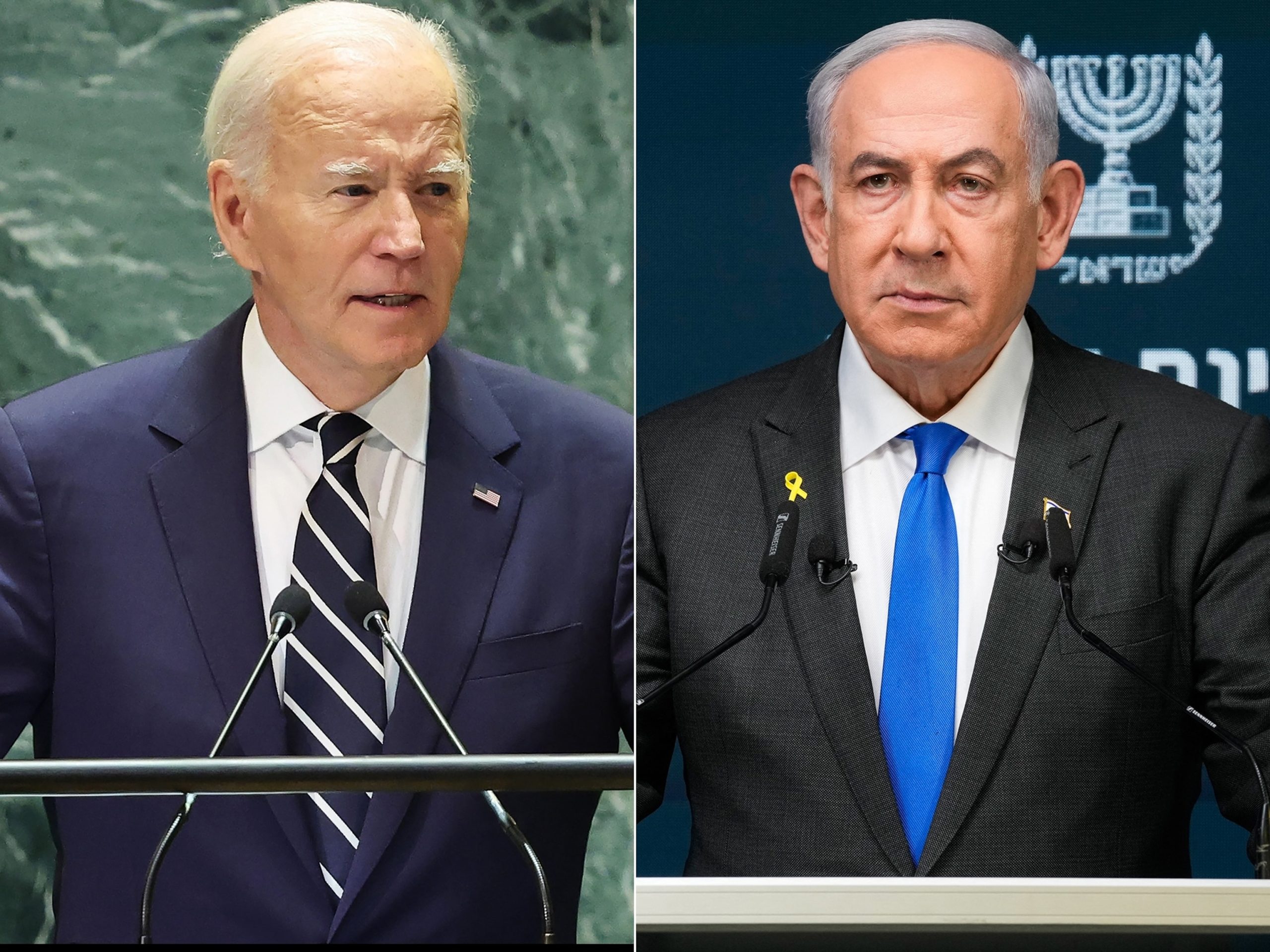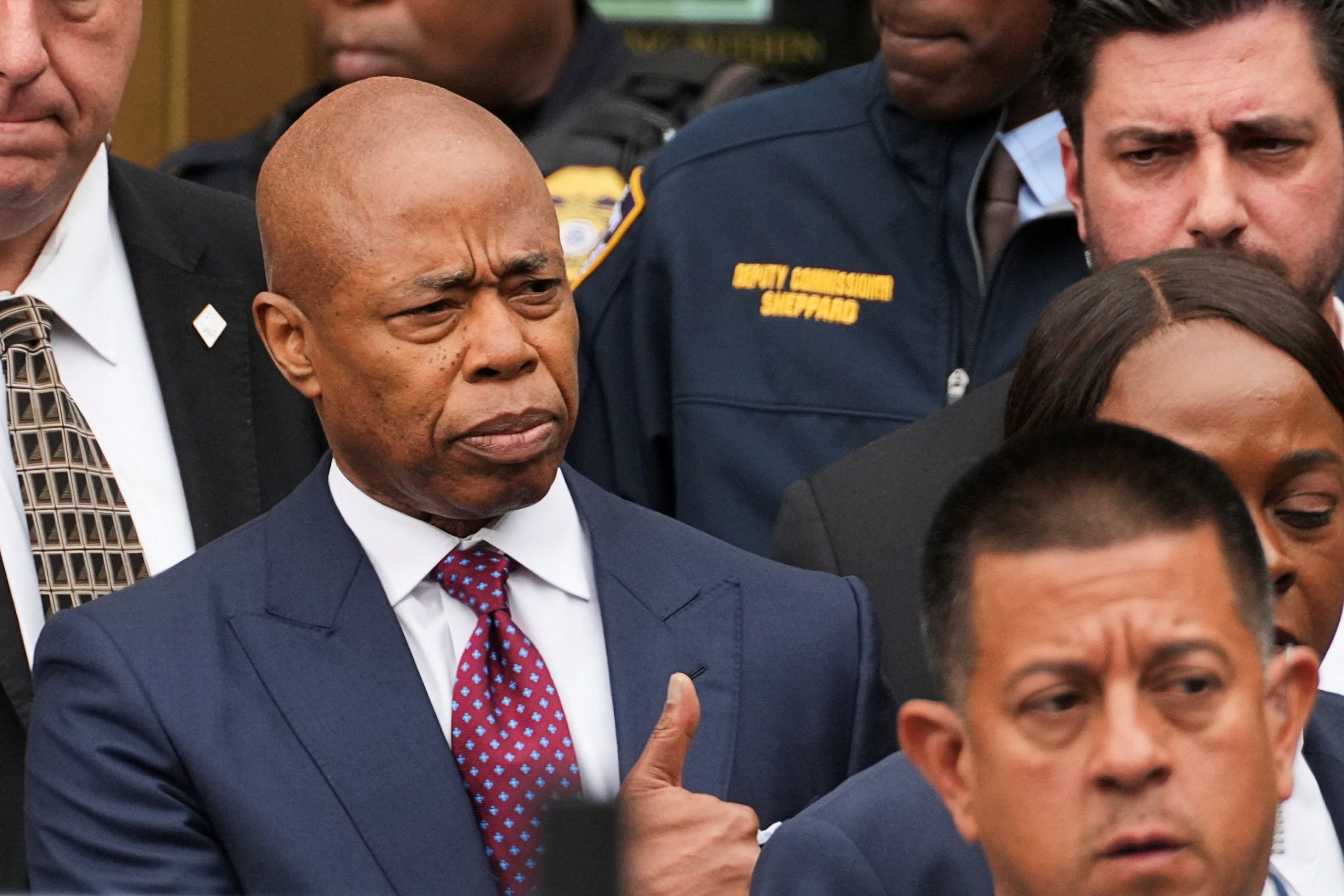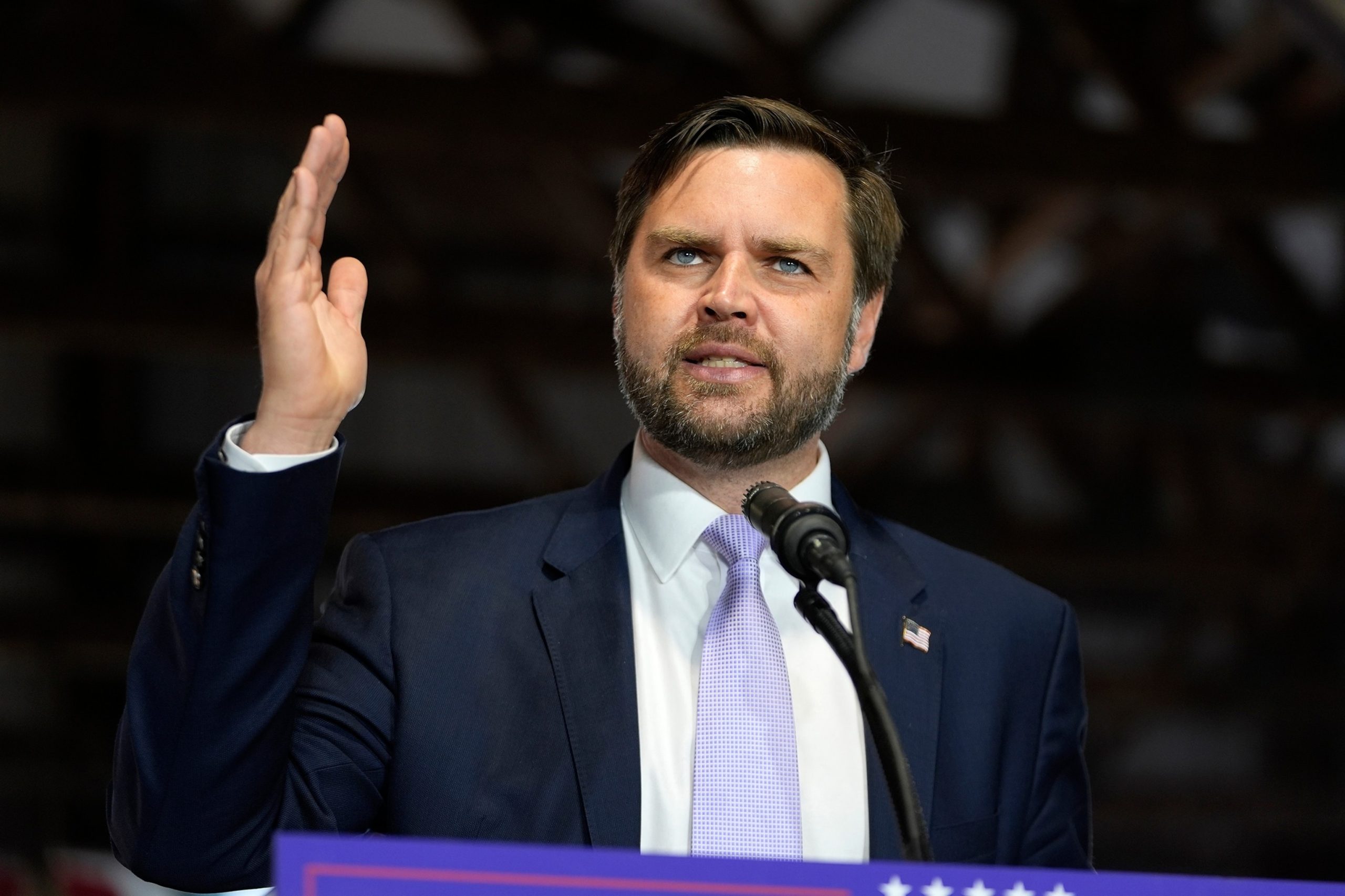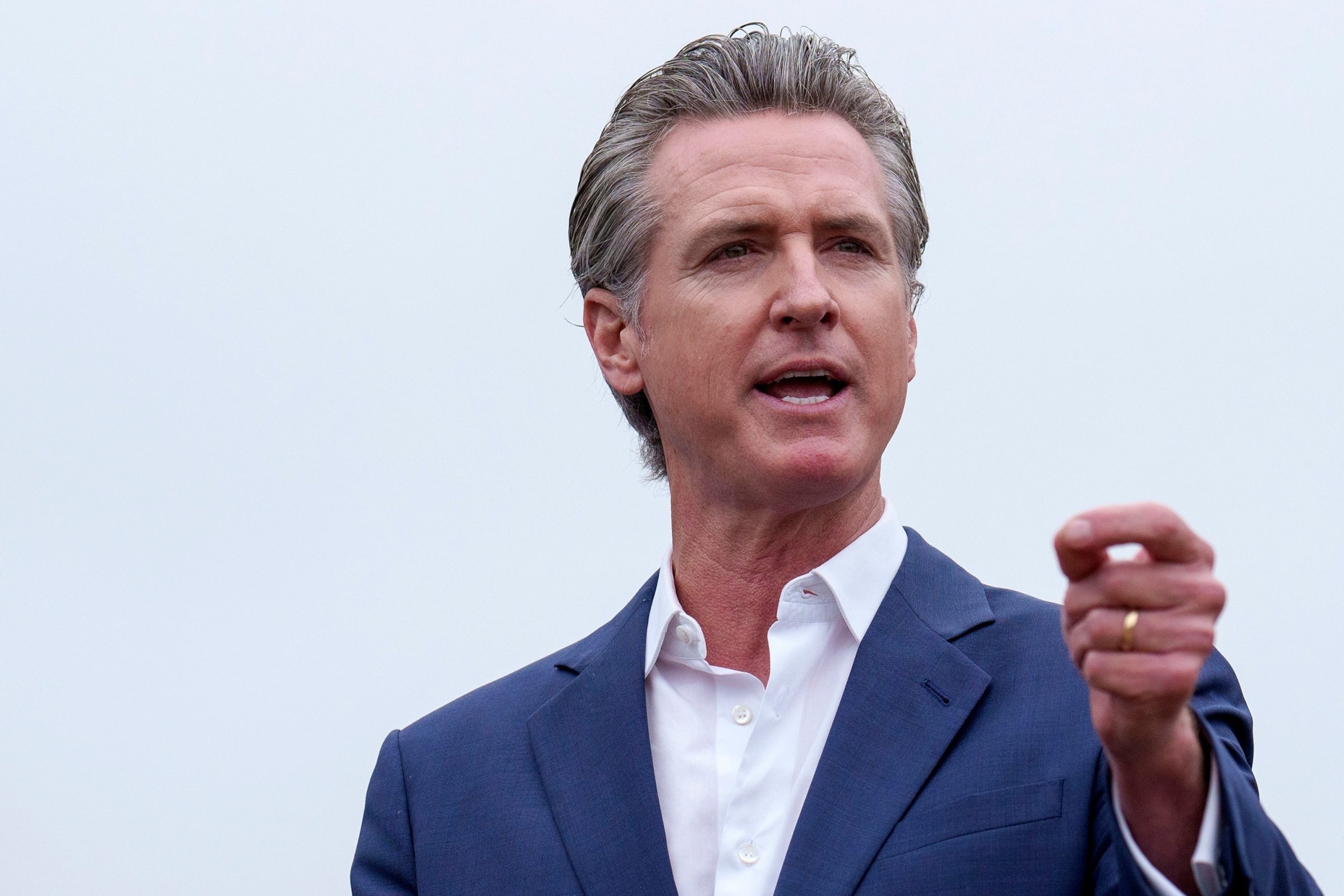A 21-day cease-fire proposal aimed at pausing the conflict in Lebanon has become the latest flashpoint in the strained relationship between the Biden administration and Israel after the country’s prime minister, Benjamin Netanyahu, roundly rejected the terms of the proposal on Thursday.
As the prime minister flew to New York ahead of his Friday address to the annual high-level gathering of the United Nations, his office issued a statement saying he “did not even respond” to the proposal put forth by the U.S. and France, and that he had instructed the Israeli military to continue fighting against the Lebanese militant group Hezbollah “with full force.”
Netanyahu’s rejection came just hours after White House officials lauded a joint statement issued by the U.S., the European Union and six other countries endorsing the plan for a 21-day truce, a step heralded as an “important breakthrough.”
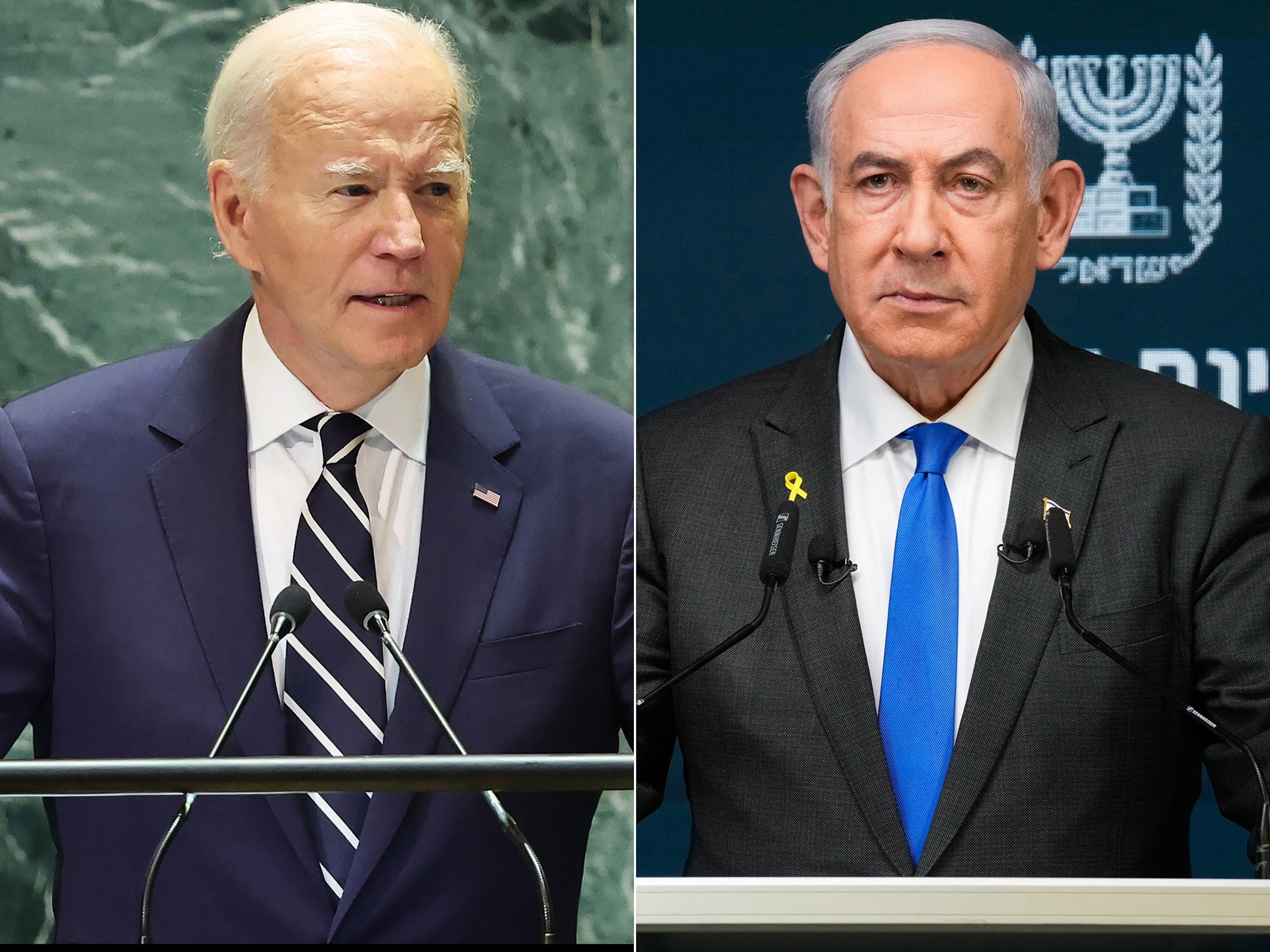
President Joe Biden speaks during the United Nations General Assembly (UNGA) at the United Nations headquarters on Sept. 24, 2024, in New York. | Israeli Prime Minister Benjamin Netanyahu speaks during a news conference in Jerusalem on Sept. 2, 2024.
Michael M. Santiago/Getty Images | Ohad Zwigenberg,Pool via AFP via Getty Images
Washington said Israel had been consulted before the joint statement was released, but struggled to explain the apparent disconnect.
“We wouldn’t have worked on that statement the way we did. We wouldn’t have issued it when and how we did if it wasn’t supported by the conversations that we were having with top Israeli officials yesterday,” National Security Council spokesperson John Kirby said on Thursday.
But behind the scenes, several U.S. officials familiar with the negotiations told ABC News they have consistently seen getting Israel to sign off on a truce as an uphill battle.
Israel views a pause as beneficial to Hezbollah because it could allow it to regroup and strike back at Israel following attacks on the militant group’s communication system last week widely attributed to Israel, according to the officials.
They say that the Israeli government also views a truce of any length as running counter to its main aim of allowing people displaced from areas near its northern border to return to their homes as soon as possible.
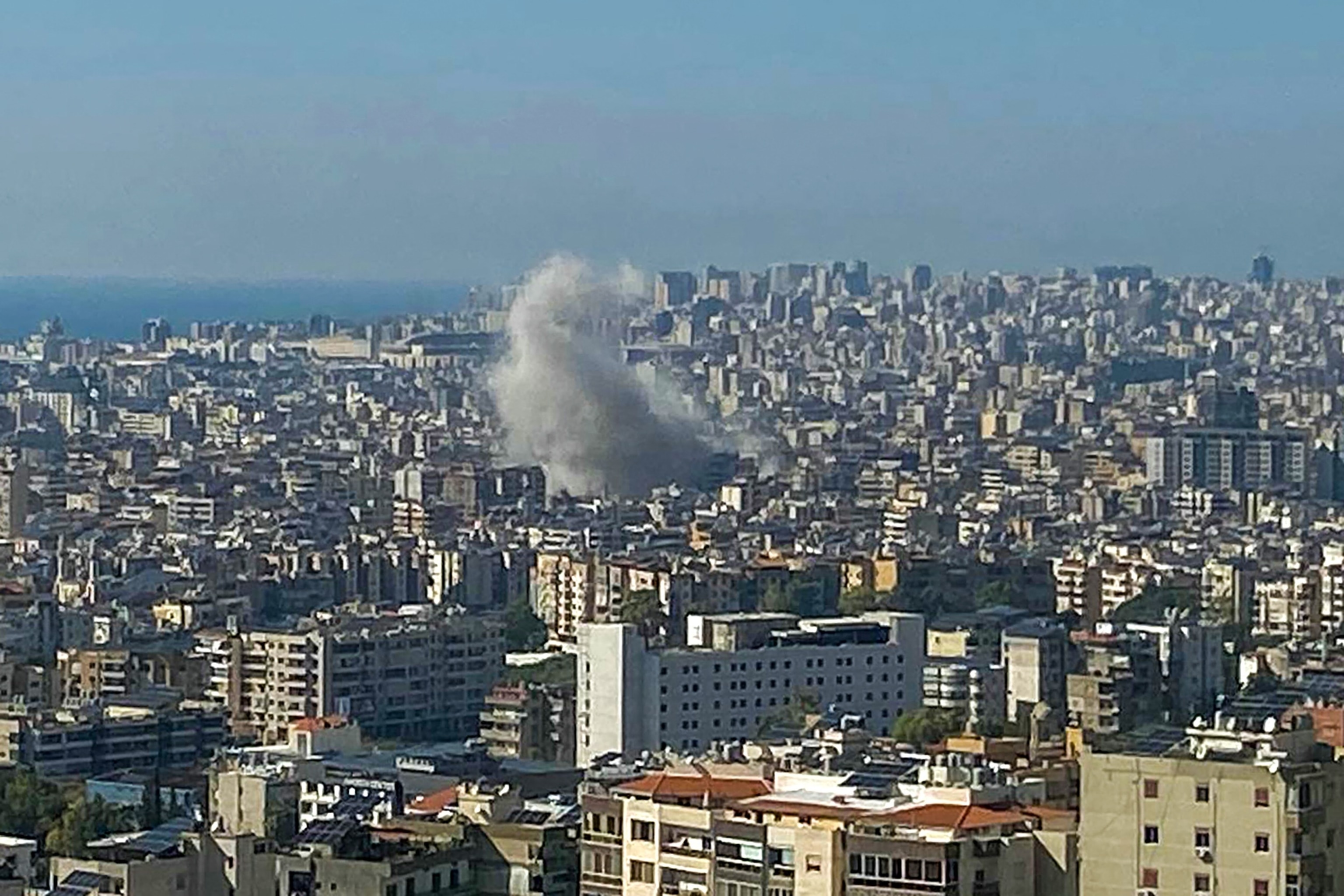
Smoke billows from the site of an Israeli airstrike that targeted Beirut’s southern suburbs, Sept. 26, 2024.
AFP via Getty Images
Israel’s permanent representative to the U.N., Danny Danon, told reporters on Wednesday that Israel would prefer to end its conflict with Hezbollah via diplomacy, but that “if it fails to return our residents to the homes, then we will use all means at our disposal.”
“We are very honest about it,” Danon said, adding that he believed the mediators “know exactly what we want.”
The latest disconnect between the U.S. and Israel appears poised to add additional strain to what was already expected to be a contentious address to the U.N. by Netanyahu on Friday.
U.N. Secretary-General António Guterres warned the body’s Security Council on Wednesday that “hell is breaking loose in Lebanon.”
The U.N. Refugee Agency added on Thursday that in just 72 hours, more than 90,000 people had been displaced in Lebanon.
Shortly after Hamas’ Oct. 7 attack on Israel, Hezbollah — a U.S.-designated terrorist organization — began firing rockets across the Lebanese border with Israel. The low-level conflict continued for nearly a year, repeatedly threatening to escalate before Israel stepped up its military campaign earlier this month.
The United States and Israel are currently in a standoff over a proposed cease-fire in Lebanon, as tensions continue to escalate in the region. The conflict stems from ongoing clashes between Israel and Hezbollah, a militant group based in Lebanon.
The proposed cease-fire, which was put forward by the United Nations and other international mediators, calls for an immediate halt to hostilities and the withdrawal of Israeli forces from Lebanese territory. However, Israel has rejected the proposal, citing concerns about the security of its citizens and the need to defend itself against attacks from Hezbollah.
The United States has expressed support for Israel’s position, with President Joe Biden stating that Israel has the right to defend itself against aggression. The US has also called on Hezbollah to cease its attacks on Israeli territory and to refrain from further provocations.
The standoff between the US and Israel over the proposed cease-fire has raised concerns about the potential for further escalation in the region. Both countries have significant military capabilities and any further conflict could have serious consequences for the stability of the Middle East.
In addition to the military aspect of the conflict, there are also political considerations at play. The US has long been a staunch ally of Israel and has provided significant military and financial support to the country. Any perceived abandonment of Israel by the US could have significant implications for the relationship between the two countries.
At the same time, the US is also keen to maintain its relationships with other countries in the region, including Lebanon. The proposed cease-fire is seen as a way to de-escalate tensions and prevent further violence in the region.
As the standoff between the US and Israel continues, it remains to be seen how the situation will unfold. Both countries have a vested interest in finding a resolution to the conflict, but finding common ground may prove challenging given the complex geopolitical dynamics at play.
